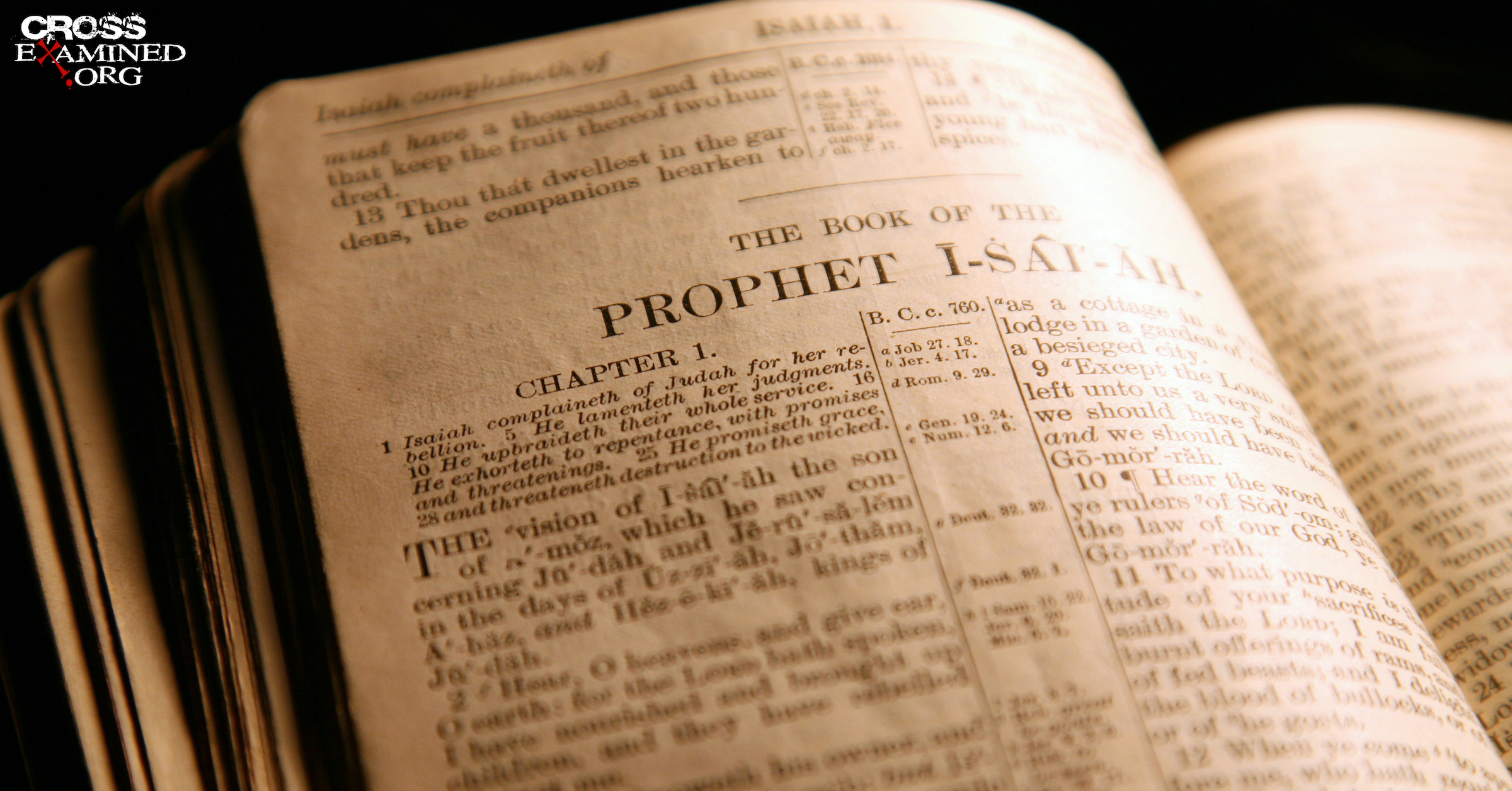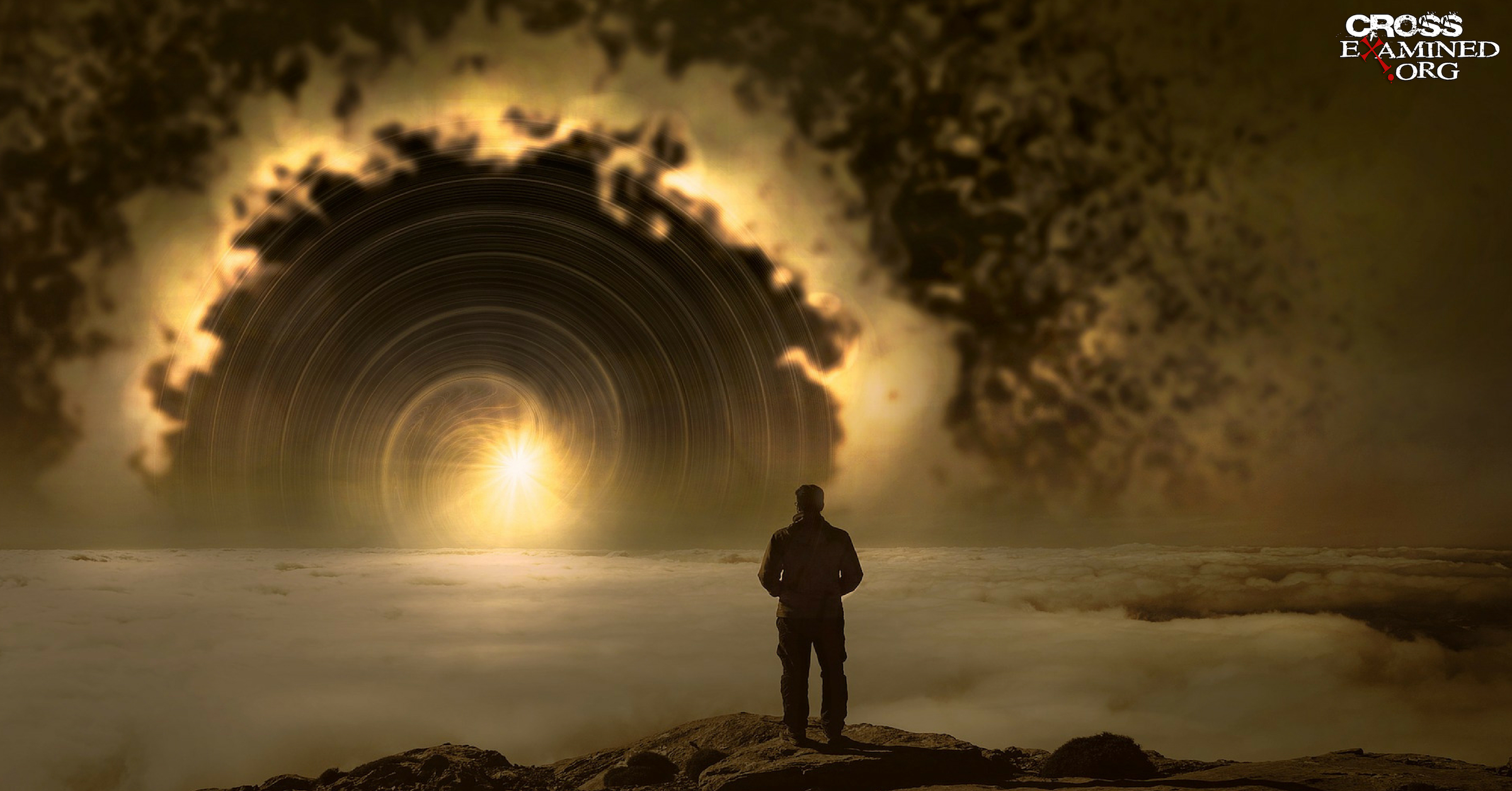By Brian Chilton
NOTE: We recently received a question related to this topic so we decided to reblog this entry. We believe this is an extremely important issue we need to deal with as a Christian community.
Pastor Rick Warren and his family suffered a great loss as his son died from suicide. Suicide is the killing of one’s self. It is a crime and a sin since there is a life taken which was made in the image of God. Certainly, our thoughts and prayers are with the Warren family. This post is done in sincere respect for the family. That is why I felt led to cover this issue now, as there are many who have been affected by suicide. With that in mind, many have theological issues with suicide.
Many ask if suicide can be forgiven. The common thought is that suicide cannot be forgiven and immediately condemns someone to hell because the person committing the crime would not have time to ask for forgiveness after committing the sin. Is this true? Even more than this, is this the way we should view salvation? In order to answer the question about suicide and salvation, we must first examine salvation itself. So, before we answer the question of whether suicide condemns someone to hell, we must first answer the following questions: how is a person saved? Who is it that saves? What is the depth of salvation? What about sins not yet committed? After answering these questions, it will be our goal to answer the question using the fundamentals from the Bible concerning the salvation of whether suicide automatically condemns a person to hell. First, we must ask, how is a person saved?
How is a Person Saved?
What does it mean to be saved? Theologically speaking, it means that we have access to God and have a promise of a heavenly existence after we die. We call it being “saved” because we recognize that we have been rescued from the penalty of sin and a rightful eternal destination in hell. So, being saved means that one has a promise of eternal life with God in heaven. So, how is one saved? To answer that question, let us look at a powerful piece of Scripture by Paul written to the Ephesians. Paul writes, “For by grace you have been saved through faith; and that not of yourselves, it is the gift of God; 9 not as a result of works, so that no one may boast. 10 For we are His workmanship, created in Christ Jesus for good works, which God prepared beforehand so that we would walk in them.”[1] We will examine more of the passage that comes after this text later in the article. But first, let us ask, how is it that a person is saved?
Paul makes it quite clear that salvation comes “by grace…through faith.” The word “grace” or “charis” represents “favor,” “good will,” or “kindness.” So, Paul is saying that it is by the good-will or charity of God that we are given salvation. More on this in a moment. But, what does Paul mean “through faith”?
The words “through faith” in the Greek text are “dia pisteuos” or “through faith.” “Faith” does not mean a blind leap in the dark, but a thing that can be trusted and known with certainty. Therefore, the text indicates that it is through a person’s dependency upon God’s gift through Christ Jesus that one can be “saved” or enter into a right relationship with God. In other words, it is through trust and dependency upon God through Christ Jesus. But, who is it that saves?
Who Is It that Saves?
If you followed the previous question, you can clearly see that it is God who saves. Salvation is God’s gift to us. We can especially see this as Paul continues to state, “and that not of yourselves, it is the gift of God; 9 not as a result of works, so that no one may boast.”[2] In the Greek text, the statement ends “Theos to doron” or “God the giver.” Paul makes this clear, even more so in the Greek text. God is the one who gives the gift. I cannot save myself. You cannot save yourself. There is only one who can give the gift of salvation… God alone. This is critical in understanding our issue at hand.
If it is God that saves, then it is not by the actions of humanity. It is God who calls a person to salvation. It is God who enters a receptive heart. It is God that cleanses. It was God who bore the penalty for our sin. And, it is only God who can proclaim us justified “or innocent.” This salvation is not something that I can give you. It is not something that you can give yourself. It is a free gift offered by God.
Think of it like a Christmas gift. If you were to buy a loved one a Christmas gift, you would buy the present. You would put it in a box. You would wrap the present (unless you can’t wrap or are just lazy). You would give the present at the opportune time. The only thing the person receiving the gift would do would be to open the gift and receive it. It is the same with this salvation in which we speak. So, we are brought before another question, what is the depth of that salvation?
What is the Depth of that Salvation?
When we ask about the depth of salvation, we are asking, how deep does salvation penetrate? Does it cover all sins or is it a partial kind of forgiveness? Well, let us look at some key passages that will help us understand this issue better.
The writer of Hebrews writes,
Therefore He is able also to save forever those who draw near to God through Him, since He always lives to make intercession for them. For it was fitting for us to have such a high priest, holy, innocent, undefiled, separated from sinners and exalted above the heavens; 27 who does not need daily, like those high priests, to offer up sacrifices, first for His own sins and then for the sins of the people, because this He did once for all when He offered up Himself.[3]
This passage is of critical importance. The writer of Hebrews shows that Jesus is a High Priest who was sinless. He did not have to offer up a sacrifice for Himself. Rather, He offered up a sacrifice once for all. This one time sacrifice covers a multitude of sins in the penitent believer. Also, look at what is written in the first verse. The writer of Hebrews wrote that “He is also to save forever those who draw near to God through Him.” If this salvation is forever, then what could take it away? Jesus gives us another hint of the depth of salvation.
Jesus Himself even states, “My sheep hear My voice, and I know them, and they follow Me; 28 and I give eternal life to them, and they will never perish, and no one will snatch them out of My hand. 29 “My Father, who has given them to Me, is greater than all; and no one is able to snatch them out of the Father’s hand. 30 “I and the Father are one.”[4] Two things stand out in this passage, as well. One; God is greater than all. If God says one is forgiven, who can claim otherwise? Nobody. Two; no one or nothing can take away one from the hand of God. In the issue at hand, this is HUGE in understanding the outcome. But, we must also ask, is there anything that is unforgivable?
Is there Anything Unforgivable?
Does the Bible list anything that is considered “unforgivable”? By “unforgivable,” we are indicating something for which there is no forgiveness. With the issue of suicide, some have elevated the crime as an unforgivable sin. But, what is listed as unforgivable? Do we know? Actually, yes we do. We know from Jesus Himself.
Jesus states, “Therefore I say to you, any sin and blasphemy shall be forgiven people, but blasphemy against the Spirit shall not be forgiven. 32“Whoever speaks a word against the Son of Man, it shall be forgiven him; but whoever speaks against the Holy Spirit, it shall not be forgiven him, either in this age or in the age to come.”[5] What is this unforgivable sin?
If you look at the context of the passage, earlier the Pharisees had attributed the work of the Holy Spirit in Jesus to the work of Satan. Jesus shows that attributing the work of God, more specifically the work of the Holy Spirit, to the work of the Devil is unforgivable. Can someone reproduce this sin today? From the text, it would seem that the only way that this sin could be reproduced is if one dies without acknowledging the Spirit’s work of salvation in and through Jesus Christ. Therefore, the unforgivable sin is the rejection of the Spirit’s work through Christ Jesus unto death. Notice that Jesus says that all other sin and blasphemy will be forgiven save this one. Is suicide the unpardonable sin? It isn’t according to the words of Jesus.
We are getting a clearer picture on the issue now. But, we have one question that must be tackled before we formulate a conclusion on the issue of suicide and salvation. Some would argue that suicide cannot be forgiven because the person committing the act was not able to ask for forgiveness after committing the deed. So, what about sins not yet committed? Are we forgiven for future sins or must we ask forgiveness after committing every specific sin?
What about Sins Not Yet Committed?
The writer of Hebrews gives us a clue to this question in the previous Scripture that we quoted in Hebrews. Paul writes in Romans,
But God demonstrates His own love toward us, in that while we were yet sinners, Christ died for us. 9 Much more then, having now been justified by His blood, we shall be saved from the wrath of God through Him. So then as through one transgression there resulted condemnation to all men, even so through one act of righteousness there resulted justification of life to all men. 19 For as through the one man’s disobedience the many were made sinners, even so through the obedience of the One the many will be made righteous. 20 The Law came in so that the transgression would increase; but where sin increased, grace abounded all the more, 21 so that, as sin reigned in death, even so grace would reign through righteousness to eternal life through Jesus Christ our Lord.[6]
Okay, this was a lot. But, let us look at some important principles. First, sin entered all of humanity through the one rebellious act of the first two human beings (Adam and Eve) against God. From that moment, all of humanity was cursed with sin. The moment sin enters a holy race it is tainted. It is like one spot of black paint in a gallon of white paint. It will not be pure white anymore. (It is like my wife trying to explain to me the difference between white and off-white. I still have difficulties determining between the two, but there is a difference.) Second, through Christ all human beings can be saved by His action on the cross. Third, the righteousness that came through Christ’s actions on the cross resulted in salvation to everyone open to receive.
So, what about sins not yet committed? When Christ died, none of us were yet alive. Therefore, none of our sins had yet been committed. Yet, through the action of Christ on the cross, He died for all of our sins yet to be. When a person thinks that every minute sin must be accounted for by the asking of forgiveness by the person, it places the emphasis on human actions instead of the divine act given for us. Anytime the emphasis is placed on human actions over God’s forgiveness, it takes away from the work on the cross and places it on human actions. Let me illustrate why this is problematic.
Suppose a man is on his deathbed. Perhaps he has had an estranged relationship with his brother. Even though he has accepted Christ as his savior, he still has hard feelings for his brother. He wanted to make things right as his brother lived in another part of the country, but never was able to do so. Let me ask you this; suppose the man dies without making things right with his brother. Does this action keep him from entering heaven because he has an estranged relationship with his brother? Or even worse yet, perhaps the man told a little white lie before getting in his predicament and forgot to ask forgiveness. Does this keep him from heaven? You see how complicated this could become. But, you should also see where the emphasis lies. The emphasis is not on Christ’s work on the cross, but our actions as believers. So, what can we make of the issue of suicide and salvation?
Conclusion:
Does the act of suicide condemn someone to hell? Suicide does not condemn a person if the person had a right relationship with God through Jesus Christ. The answer depends on whether the person who committed the act was in a right relationship with Christ Jesus. The work of Christ on the cross atones all our sins. That is not to say that this gives us a license to sin. Heaven forbid. It should bring about a transformation in one’s heart. However, this salvation does not mean that the “saved” individual will not have troubles and trials. It also does not promise that the Christian will always do everything right. (By the way, this is why the Christian MUST regularly attend a Bible-believing church. When you slip from regular Christian fellowship, the likelihood of slipping and falling increases.) For some, depression can become an obsession. When depression becomes an obsession, it can become an oppression for which trouble may occur. Let’s be honest. If you are a Christian, you strive to do what is right. But, it is not always easy. This happened to Paul, as well. Paul wrote, “For the good that I want, I do not do, but I practice the very evil that I do not want. 20 But if I am doing the very thing I do not want, I am no longer the one doing it, but sin which dwells in me. 21 I find then the principle that evil is present in me, the one who wants to do good.”[7] So, no one is immune to bad deeds. Even the strongest of us can slip and fall. So, why would we think that a bad decision would nullify one’s salvation?
This issue is very important to me. When I had just graduated high school, I was called home from the Bible college that I was attending at the time. I was told that my very own grandfather, of whom I was very close to, had committed suicide. My grandfather had some medical problems where he suffered from a lack of blood flow to his brain. He began to have delusions and had great problems with depression. I will never know why this happened. However, I cannot believe that God would negate the power of his forgiveness on the cross because of one major lapse in my grandfather’s decision making abilities. To make matters worse, I was about to be confronted with this issue even harder.
When I returned to Bible college, a student attending there had heard of the incident with my grandfather. Do you know what he said to me? He said, “You know your grandfather is in hell don’t you?” Really? You are really going to tell someone that? Even if it were true, what kind of sick perverted person says that to someone while they are grieving? But, was he right?
No! Some may claim that this issue has slanted my beliefs. However, if you research the essentials of salvation which we just presented, I think you will find that suicide is not the unforgivable sin that some have purported. Is it the result of bad decisions and faulty thinking? Yes. Is it serious? Yes. Is it wrong to commit? Absolutely. Is it unforgivable? No, the grace of God is stronger. But, this information comes with a warning.
Just because suicide is not the unforgivable sin, this does not give someone the freedom to use this as an out. If you are contemplating suicide, get help NOW!!! You may think that things are bad. But, let me tell you this; you will make matters horrific for your loved ones if you take your life. There is a help that is available to you, but you have to be willing to use it. We are a triune person made in the image of God: body, mind, and soul. To get spiritual help, see your pastor. To get physical help, see your doctor. But if you are having mental issues or bouts of depression, see a counselor or a psychologist. There is no shame in obtaining help. If you are contemplating suicide, call the National Suicide Prevention Lifeline at 1-800-273-TALK or go to www.suicidepreventionlifeline.org. Remember, suicide is a permanent solution to a temporary problem!
Notes
[1] All Scripture unless otherwise noted comes from the New American Standard Bible: 1995 Update (LaHabra, CA: The Lockman Foundation, 1995), Ephesians 2:8–10.
[2] Ibid.
[3] Hebrews 7:25–27.
[4] John 10:27–30.
[5] Matthew 12:31–32.
[6] Romans 5:8-9, 18–21.
[7] Romans 7:19–21.
Brian G. Chilton is the founder of BellatorChristi.com and is the host of The Bellator Christi Podcast. He received his Master of Divinity in Theology from Liberty University (with high distinction); his Bachelor of Science in Religious Studies and Philosophy from Gardner-Webb University (with honors); and received certification in Christian Apologetics from Biola University. Brian is currently enrolled in the Ph.D. program in Theology and Apologetics at Liberty University. Brian has been in the ministry for over 15 years and serves as a pastor in northwestern North Carolina.
Original Blog Source: http://bit.ly/2Olwoe4










